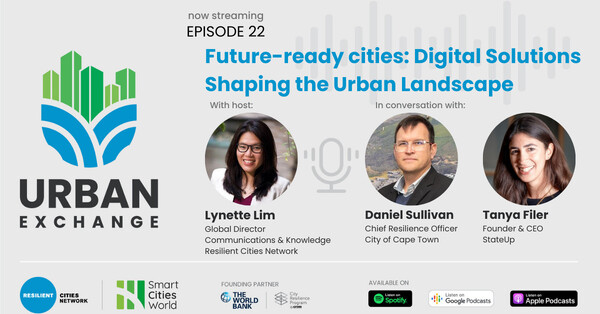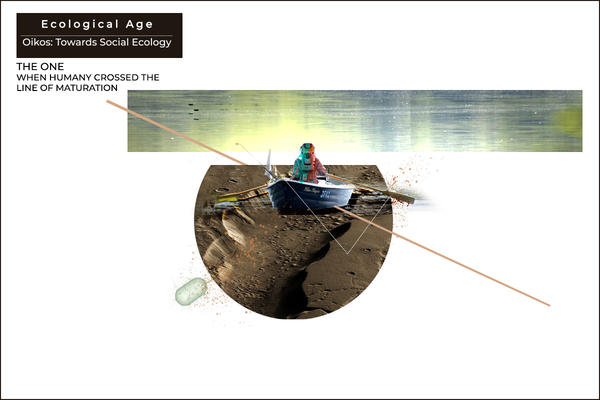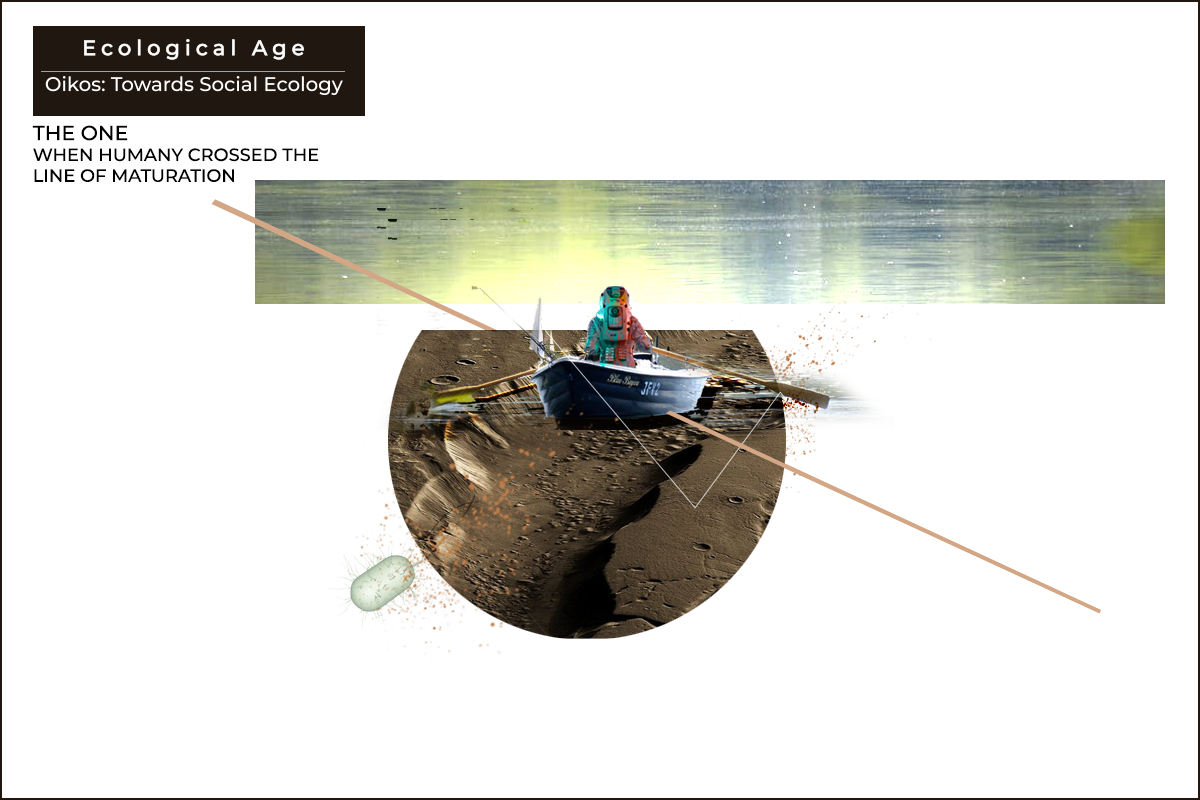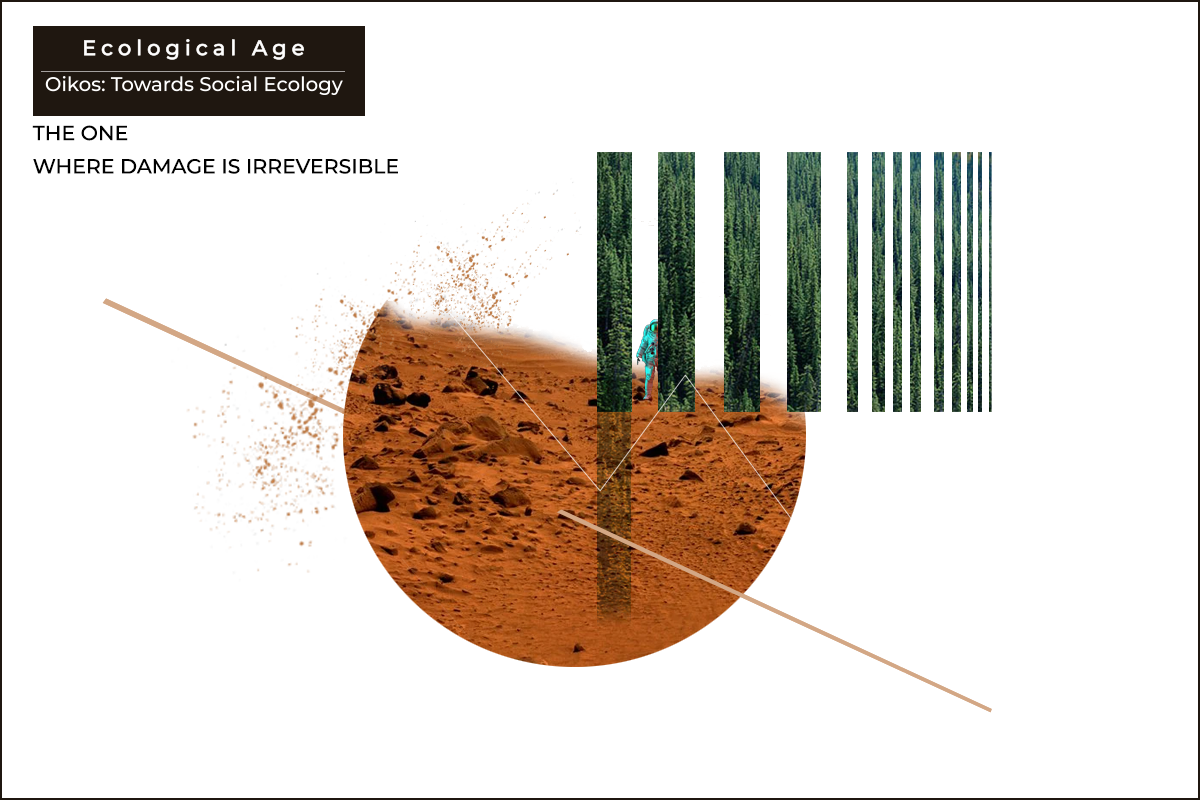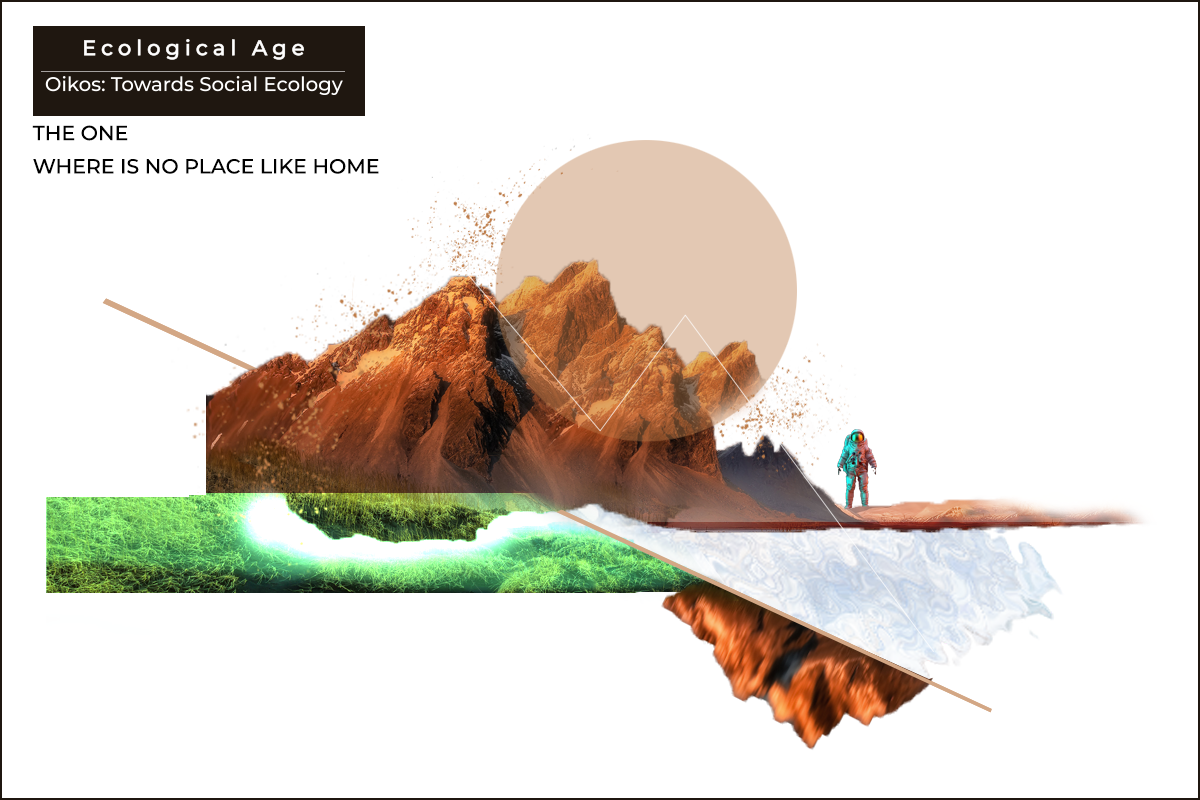Special Reports
SusHi Tech Tokyo 2024: experience ‘Tokyo 2050’ todaySponsored by The SusHi Tech Tokyo 2024 Showcase Program Executive Committee
Oikos - The one when humanity crossed the line of maturation
From that cycle of life, from the bacteria to us, development led to independence and a tipping point where it is more energy efficient to share and collaborate with other species. Humanity crossed that line of maturation as soon as tribes built their first cities collectively and as soon as the trade of goods started.
’What we are doing to the forests of the world is but a mirror reflection of what we are doing to ourselves and to one another.’
Gandhi
Earth’s evolution started around 4,56 billion years ago where species after species have gone through a process of maturation. From that cycle of life, from the bacteria to us, development led to independence and a tipping point where it is more energy efficient to share and collaborate with other species. Humanity crossed that line of maturation as soon as tribes built their first cities collectively and as soon as the trade of goods started.
In that perspective, as bacteria evolve into multi-celled species, humanity has reached maturation years ago by multiplication of clusters of cities around the world developing and working solely and independently. Here, is the point of no return for these clusters where growth led to the exploitation of nature and the domination of the planet. What is really the role of citizens in this growth of the global economy? How do we move from exploitation of resources to a much more collective and shared living?
This week, an alert came from a World Resources Institute’s report highlighting the so-called ‘urban services divide’ where the dividing gap is alerting between those who can have access to services and those who do not. Falling into an unequal spread of wealth and resources have made the cities unsustainable and inequitable. It has also caused tremendous damage to our environment which is now equally important to secure the continuation of our existence.
Principles of inclusion, diversity, resiliency, among others have been put forward by SmartCitiesWorld in an Open Letter to share the common belief that cities, local authorities and communities have a strong role to play to live collectively in a safe and sustainable environment. Now, more than ever, a move toward a shared living and a shift in our social behaviour is crucial to moving away from the tipping point towards a balanced ecology.
Currently, the environmental crisis is in a continuous circle reducing the national power to act and diminishing the human power to be resilient. Addressing the challenges, cities require the support from government at all levels. 25 per cent of cities said that reaching their emission reduction targets relies on policy out of their control.
The ecological system has been the white elephant in the room. I believe that sharing in this economy needs to be included so it is sustained, and this involves the marginalised ecology and the excluded ecosystem.
More Posts from this Blog
Ecological Age: Towards Social Ecology
Earth is calling us, and my duty is to voice out the concerns and the importance of social ecology in changing our behaviours towards our common Oikos. I draw from scientifical facts and build each blog article to tackle a certain economic, social or political issue to highlight the conflicting power in our ecological system. As part of this generation who saw the effect of climate change, I am interested in investigating the change of our social behaviour in order to live collectively on our so-called planet Earth.







